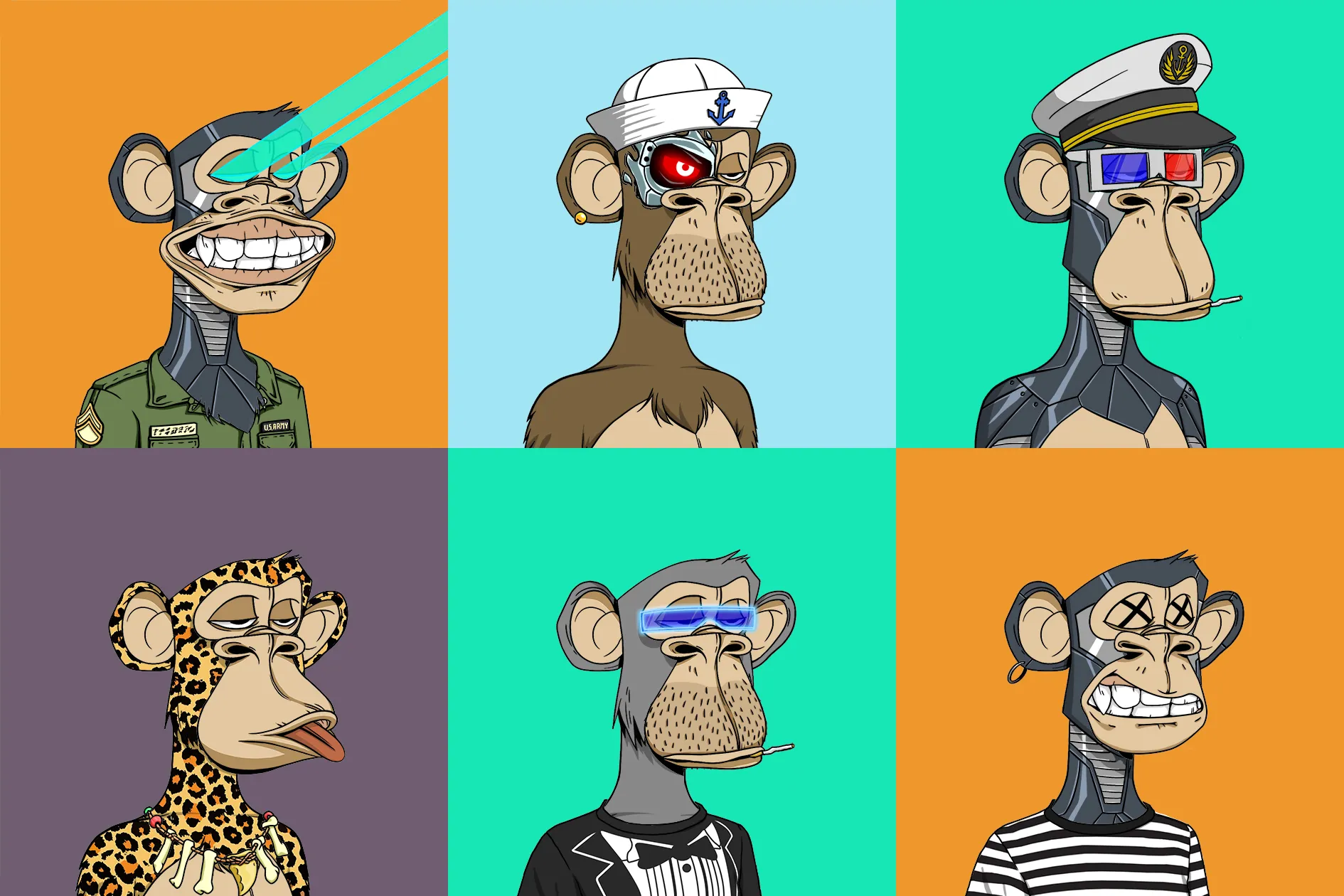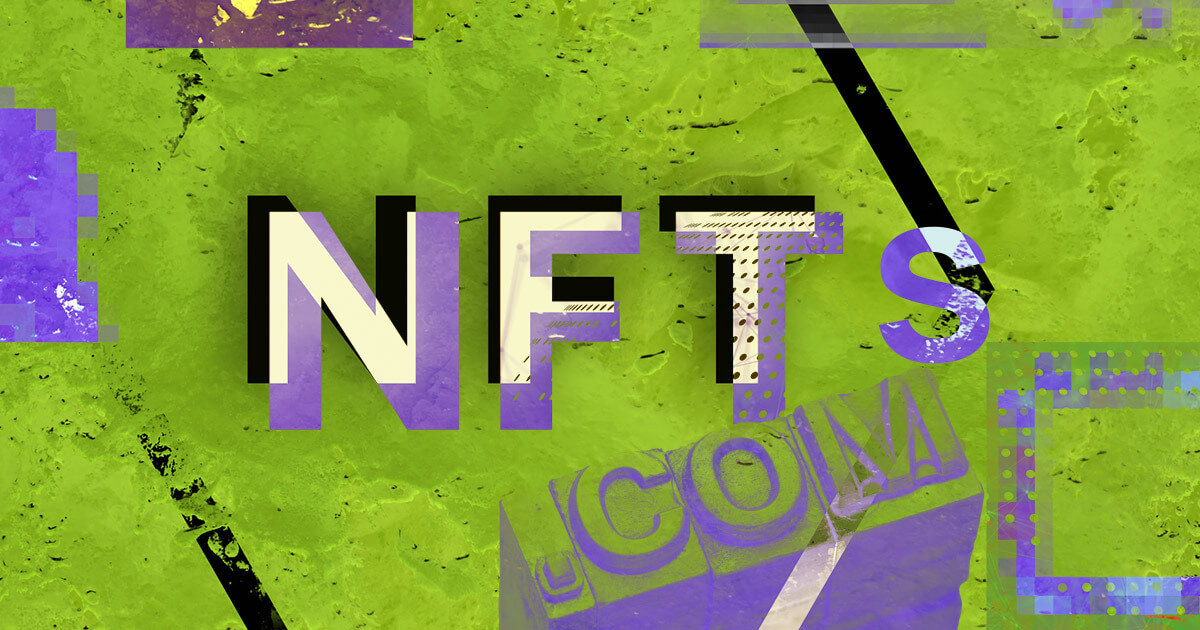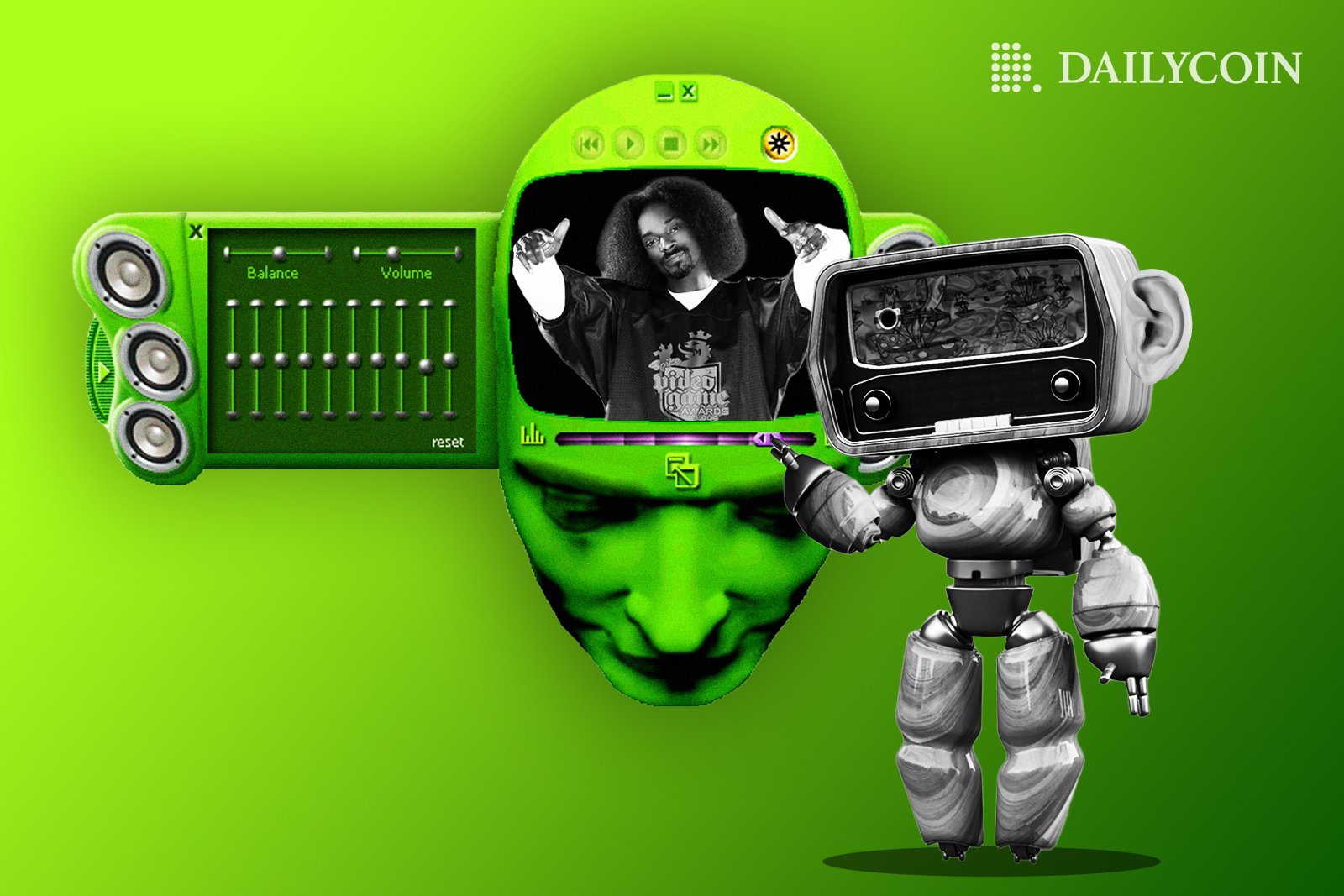NFTs and their significance
Introduction to NFTs
NFTs are a type of digital asset that represent ownership or proof of authenticity of a unique item or piece of content. Unlike cryptocurrencies such as Bitcoin or Ethereum, which are fungible and can be exchanged on a one-to-one basis, NFTs are non-fungible, meaning each token is unique and cannot be exchanged on an equal basis.
NFTs are built on blockchain technology, specifically on smart contract platforms like Ethereum, which provide a decentralized and transparent framework for recording ownership and transaction history. The use of blockchain ensures the immutability and traceability of NFTs, making it possible to verify their authenticity and provenance.
How NFTs Work
NFTs leverage the power of blockchain technology to enable ownership and transfer of unique digital assets. The process begins with an artist or creator minting an NFT. Minting involves creating a token on a blockchain platform and attaching the digital asset, such as artwork, music, videos, collectibles, or virtual real estate, to the token.
Once minted, the NFT is assigned a unique identifier and stored on the blockchain, making it publicly verifiable and impossible to counterfeit. The ownership information and transaction history are also recorded on the blockchain, allowing anyone to trace the token's history.
NFTs can be bought, sold, and traded on various online marketplaces that specialize in digital assets. When an NFT is sold, the ownership is transferred from the seller to the buyer through the blockchain. This transfer is recorded as a transaction on the blockchain, ensuring a transparent and secure transfer of ownership.
Types of NFTs
1.Art NFTs
Art NFTs are perhaps the most well-known and widely discussed type of NFTs. They represent unique digital artworks, illustrations, animations, or even virtual reality experiences. Artists can tokenize their creations as NFTs, allowing them to sell directly to collectors, bypassing traditional intermediaries. Art NFTs have provided artists with new opportunities for monetization and have challenged the traditional art market.
2.Collectible NFTs
Collectible NFTs, also known as crypto-collectibles, are digital items that are unique and can be collected, such as trading cards, virtual pets, or virtual fashion items. These NFTs often have limited editions or rarity levels, making them desirable among collectors. The ownership and scarcity of collectible NFTs are verified on the blockchain, adding value and exclusivity to the items.
3.Gaming NFTs
NFTs have made a significant impact on the gaming industry. Gaming NFTs represent in-game assets, characters, or virtual land. Players can own and trade these assets, providing a new level of ownership and value to gamers. NFTs enable players to transfer their in-game items across different platforms or sell them to other players, creating a new economy within the gaming ecosystem.
4.Domain Name NFTs
Domain names have been a valuable digital asset for decades, and NFTs have added a new layer of ownership and transferability to this space. Domain Name NFTs allow individuals or businesses to tokenize their domain names and sell them on blockchain-based marketplaces. These NFTs provide a transparent and secure way to transfer domain ownership and ensure the uniqueness and authenticity of the domains.
5.Virtual Real Estate NFTs
Virtual real estate NFTs represent ownership of virtual land or properties within virtual worlds or metaverses. Virtual real estate has gained traction with the rise of blockchain-based virtual worlds, where users can own, build, and monetize their virtual properties. NFTs enable users to buy, sell, and trade virtual land, creating a new market for digital property ownership.
6.Music and Media NFTs
NFTs have also made an impact in the music and media industries. Musicians and content creators can tokenize their music albums, songs, videos, or even concert tickets as NFTs. This allows artists to sell their creations directly to fans, providing a new revenue stream and more control over their work. NFTs have also been used to represent ownership of iconic moments in sports, such as video highlights or collectible sports memorabilia.
The Impact of NFTs
NFTs have had a profound impact on various industries and have brought about several changes and opportunities:
- Art and Creativity: NFTs have disrupted the traditional art market by enabling artists to reach a global audience directly. They have also challenged the notion of ownership and provenance in the art world, as the blockchain provides an immutable record of authenticity and ownership.
- Digital Ownership and Rights: NFTs have opened up new possibilities for digital ownership and intellectual property rights. Creators can attach royalties to their NFTs, allowing them to earn a percentage of future sales. This feature ensures that artists can continue to benefit from the increasing value of their work even after the initial sale.
- Monetization and Fan Engagement: NFTs have empowered content creators, musicians, and athletes to monetize their work and engage with their fans directly. By tokenizing their creations, they can offer unique experiences, exclusive content, or limited editions to their supporters, fostering a stronger community and fanbase.
- Blockchain and Transparency: NFTs leverage blockchain technology, bringing transparency and trust to the digital asset market. The decentralized nature of blockchain ensures that ownership records and transaction histories are publicly available and verifiable, reducing the risk of fraud or forgery.
- Virtual Economies and Metaverses: NFTs have fueled the growth of virtual economies within gaming and virtual worlds. Players can own and trade in-game assets or virtual properties, creating a new digital economy and blurring the lines between the virtual and physical worlds. Metaverses, such as Decentraland or Cryptovoxels, have emerged as platforms where users can buy, sell, and interact with virtual real estate and other NFTs.
Conclusion
NFTs have revolutionized the way we think about and interact with digital assets. They have provided creators, artists, gamers, and content owners with new opportunities for monetization, ownership, and engagement. The transparency and security provided by blockchain technology have added value and trust to the digital asset market. As NFTs continue to evolve and find applications in various industries, they have the potential to reshape the future of ownership, creativity, and commerce in the digital age.
![[LIVE] Engage2Earn: McEwen boost for Rob Mitchell](https://cdn.bulbapp.io/frontend/images/c798d46f-d3b8-4a66-bf48-7e1ef50b4338/1)











![[ℕ𝕖𝕧𝕖𝕣] 𝕊𝕖𝕝𝕝 𝕐𝕠𝕦𝕣 𝔹𝕚𝕥𝕔𝕠𝕚𝕟 - And Now What.... Pray To The God Of Hopium?](https://cdn.bulbapp.io/frontend/images/79e7827b-c644-4853-b048-a9601a8a8da7/1)




















